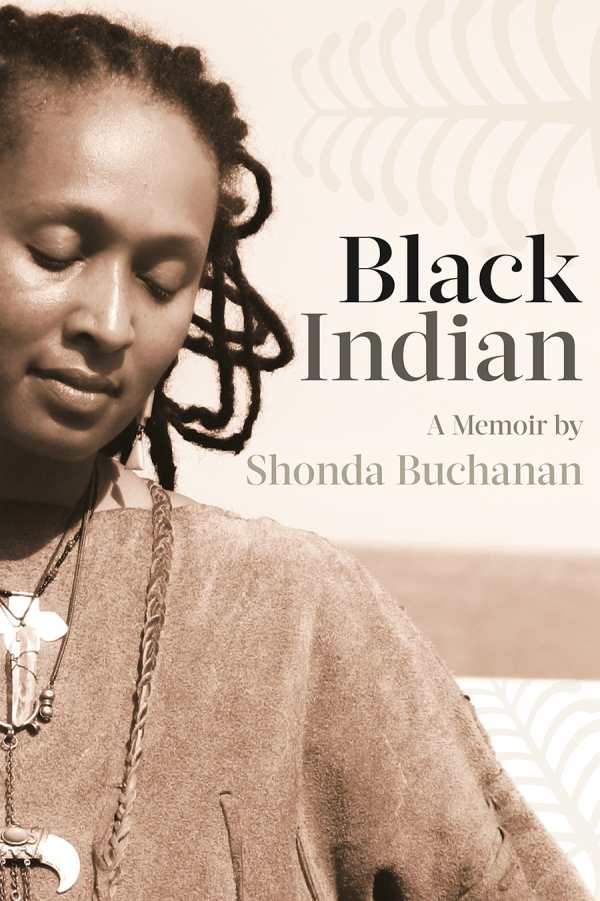Black Indian
In her memoir Black Indian, Shonda Buchanan researches four generations of her family to uncover the brutalities that its women suffered from their husbands, boyfriends, and parents. It’s a dark legacy that shattered and, in some instances, ended lives.
Buchanan was raised as a black woman. Her work is keen and insightful as it covers her African, Indigenous, and white roots and the challenges and pride that they brought. Her portrayals of others are provocative and unvarnished, including those of her mother, Velma, and her aunts. These women were young wives and mothers who were beaten, sometimes raped, and often abandoned.
Much of the book is set in the bleak neighborhoods of Mattawan and Kalamazoo, Michigan. They are portrayed as places with few opportunities and little hope for prosperity. Though Buchanan’s mother and aunts receive the bulk of the book’s attention, it also recalls how she escaped to California, where she earned two college degrees, became a writer, and raised her daughter, Afiya.
There are elements of humor in Buchanan’s tales, but most are heartrending accounts of multigenerational abuse and sexual violence. Buchanan, from a distance, reflects that many of the women in her family remain trapped in these cycles of abuse without options for escape. Her memories feed into her decision not to let her daughter return to Kalamazoo for visits, though uplifting stories of a visit to Senegal in search of Buchanan’s African roots are a source of respite.
Black Indian is an emotionally draining memoir that is also resonant in its discussions of poverty’s destructive forces.
Reviewed by
Karl Helicher
Disclosure: This article is not an endorsement, but a review. The publisher of this book provided free copies of the book to have their book reviewed by a professional reviewer. No fee was paid by the publisher for this review. Foreword Reviews only recommends books that we love. Foreword Magazine, Inc. is disclosing this in accordance with the Federal Trade Commission’s 16 CFR, Part 255.

